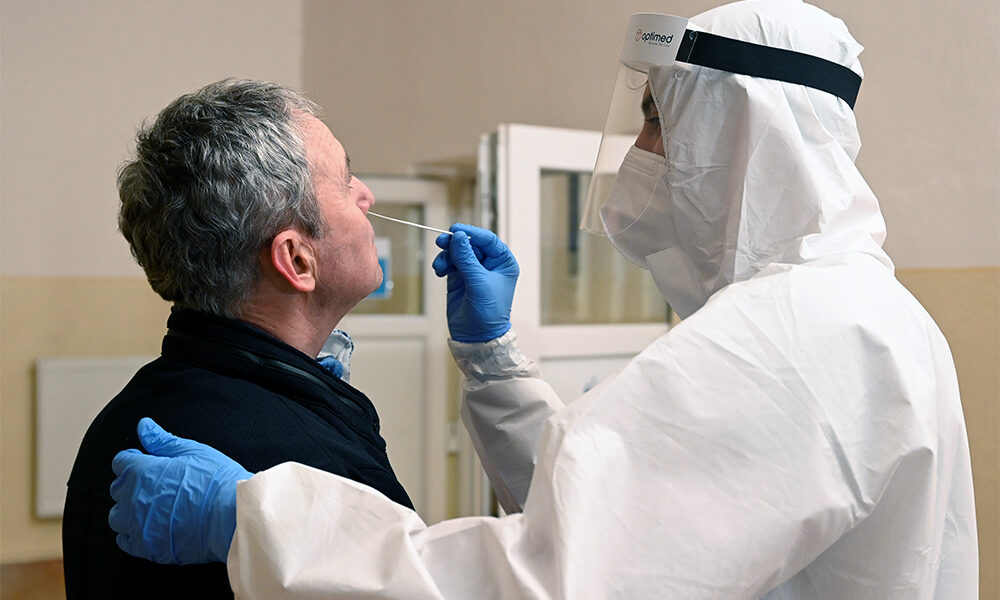COVID-19
Almost 1 in 2 Americans did not tell truth about COVID, study finds

A national survey conducted in the United States suggests public honesty and compliance were lacking in the first two years of the COVID-19 pandemic.
Just over 40 percent of 1,733 adult respondents admitted to breaking quarantine rules or misrepresenting the preventative measures they were taking to reduce viral spread, Science Alert reported.
A quarter of respondents told someone they were with – or intended to be with – that they were taking more precautions to avoid contracting SARS-CoV-2 than they were in reality.
Meanwhile, 22.5 percent confessed to breaking quarantine rules, and 21 percent avoided testing for COVID-19 even when they suspected they might have it.
When entering a doctor’s office, 20 percent of those who completed the survey said they omitted mentioning if they thought they had, or knew they had the virus.
There are multiple reasons respondents gave for their dishonesty and non-compliance, Science Alert reported.
Some wanted their lives to feel ‘normal’. Others wanted to exercise their freedom, or they believed personal information on their state of health was private.
Many said they were following guidance from a public figure they trusted, whether that be a politician, scientist, news presenter, or celebrity.
When vaccine requirements were later instated in numerous states and businesses, many respondents admitted to lying about their vaccination status.
Reasons included: “I didn’t think COVID-19 was real”, “I didn’t think COVID-19 was a big deal”, “I didn’t want someone to judge or think badly of me”, and “I needed to be able to attend college classes”.
“Some individuals may think if they fib about their COVID-19 status once or twice, it’s not a big deal,” says population health scientist Angela Fagerlin from the University of Utah.
“But if, as our study suggests, nearly half of us are doing it, that’s a significant problem that contributes to prolonging the pandemic.”
The findings have researchers calling for more studies on what strategies can best educate the public on the importance of honesty and adherence to public health measures.
